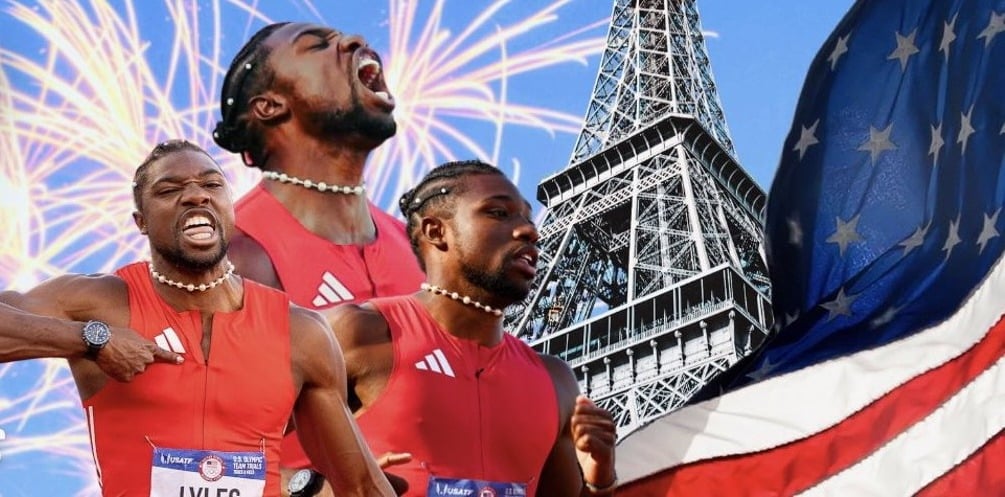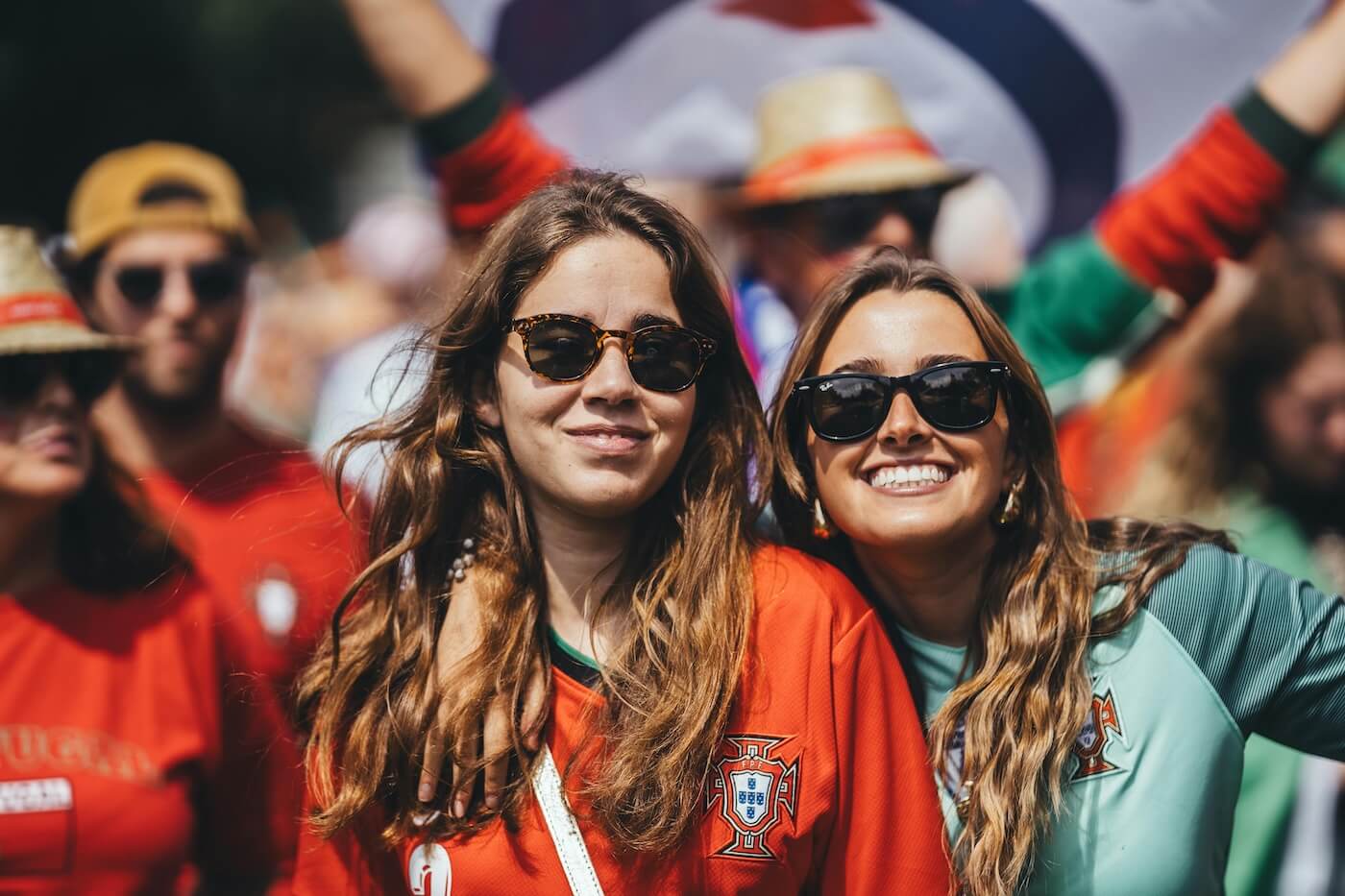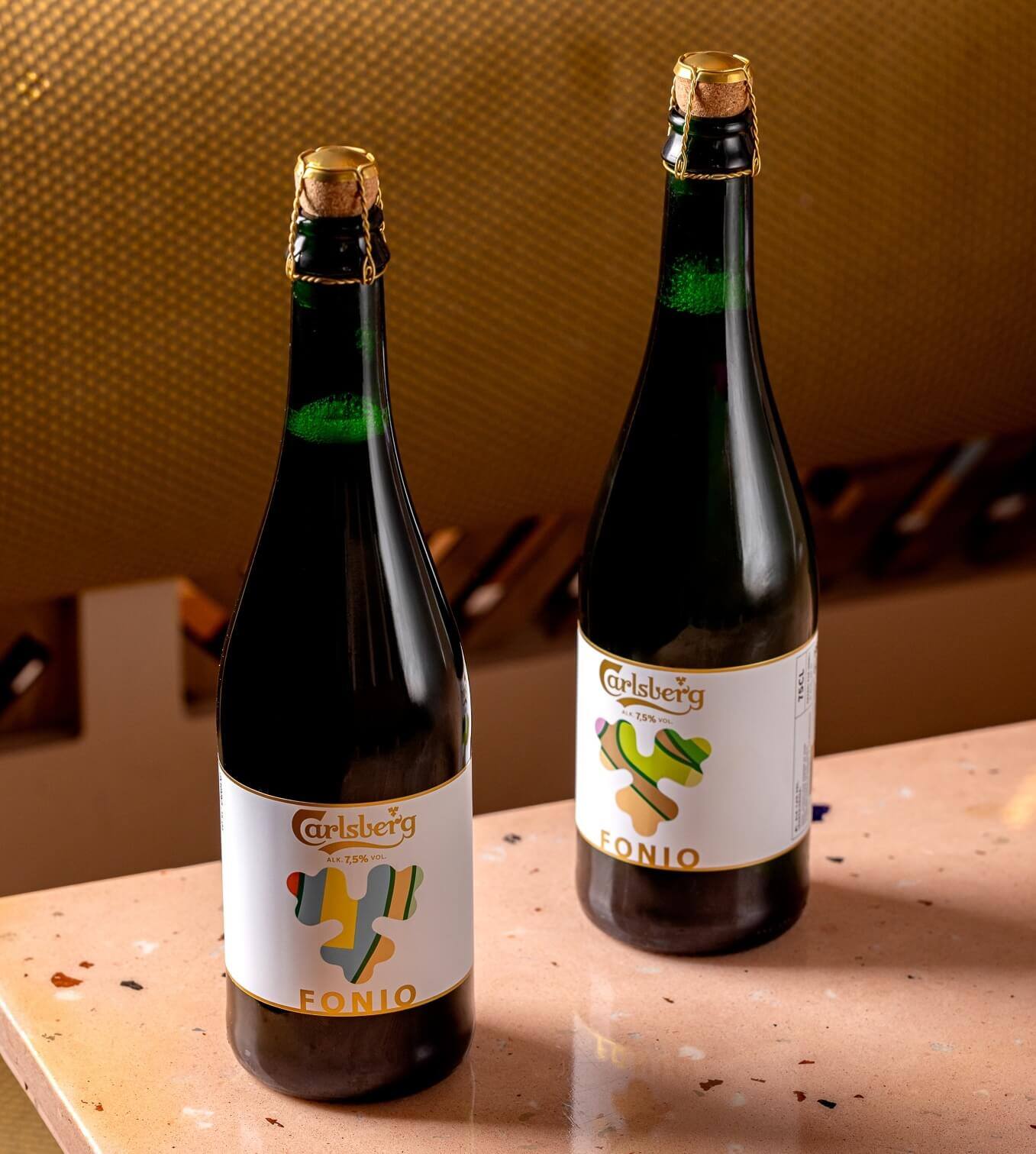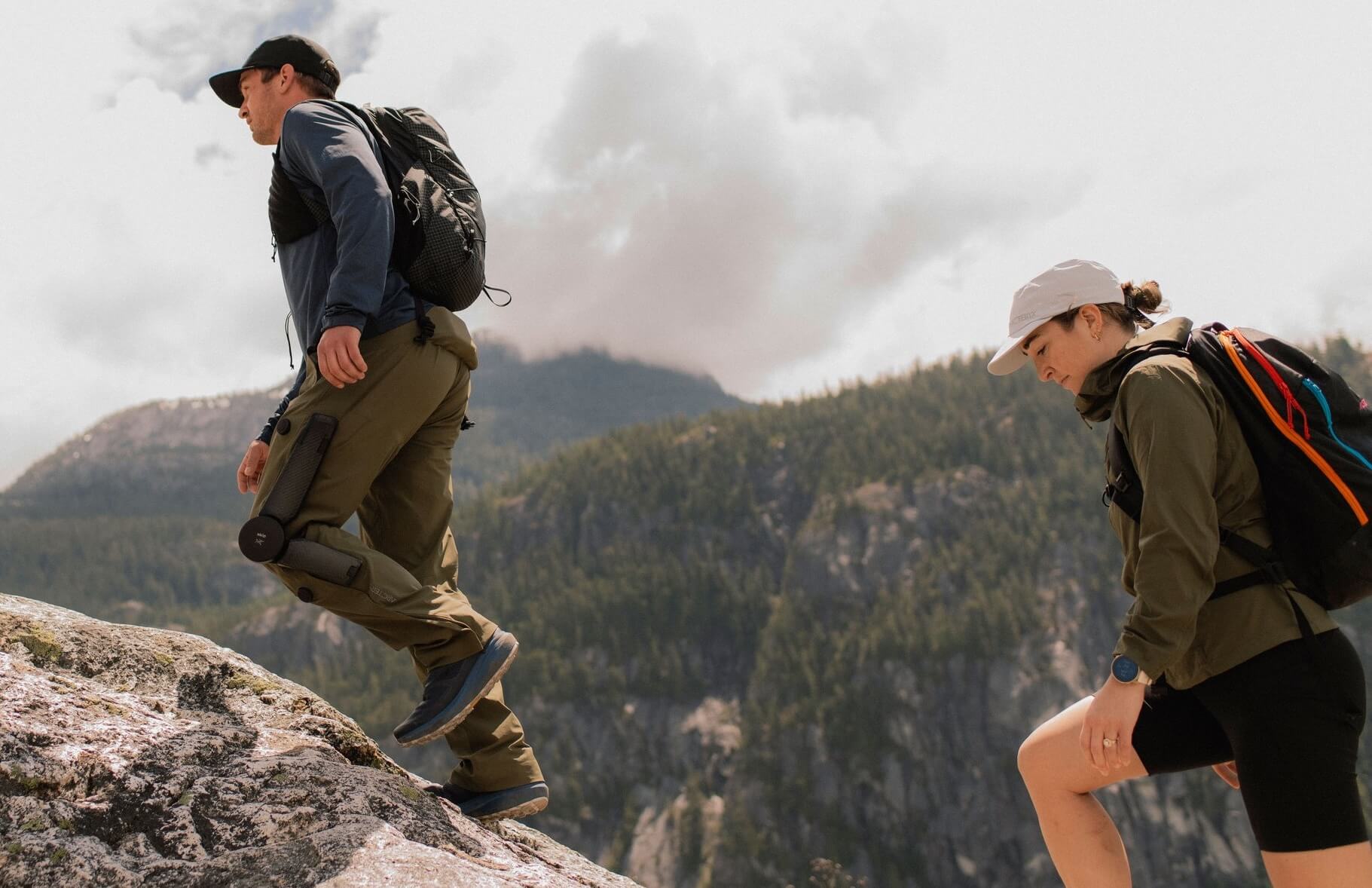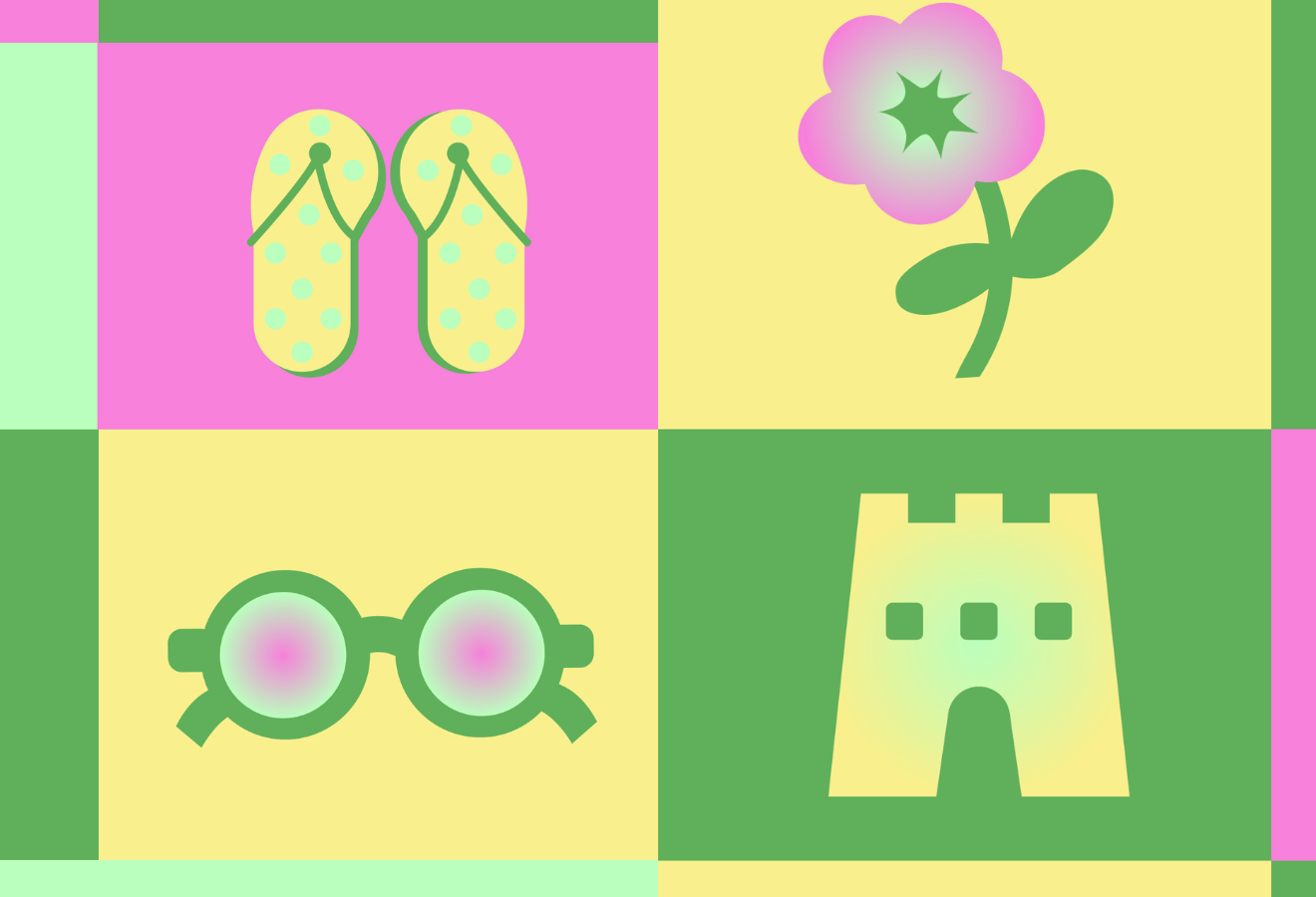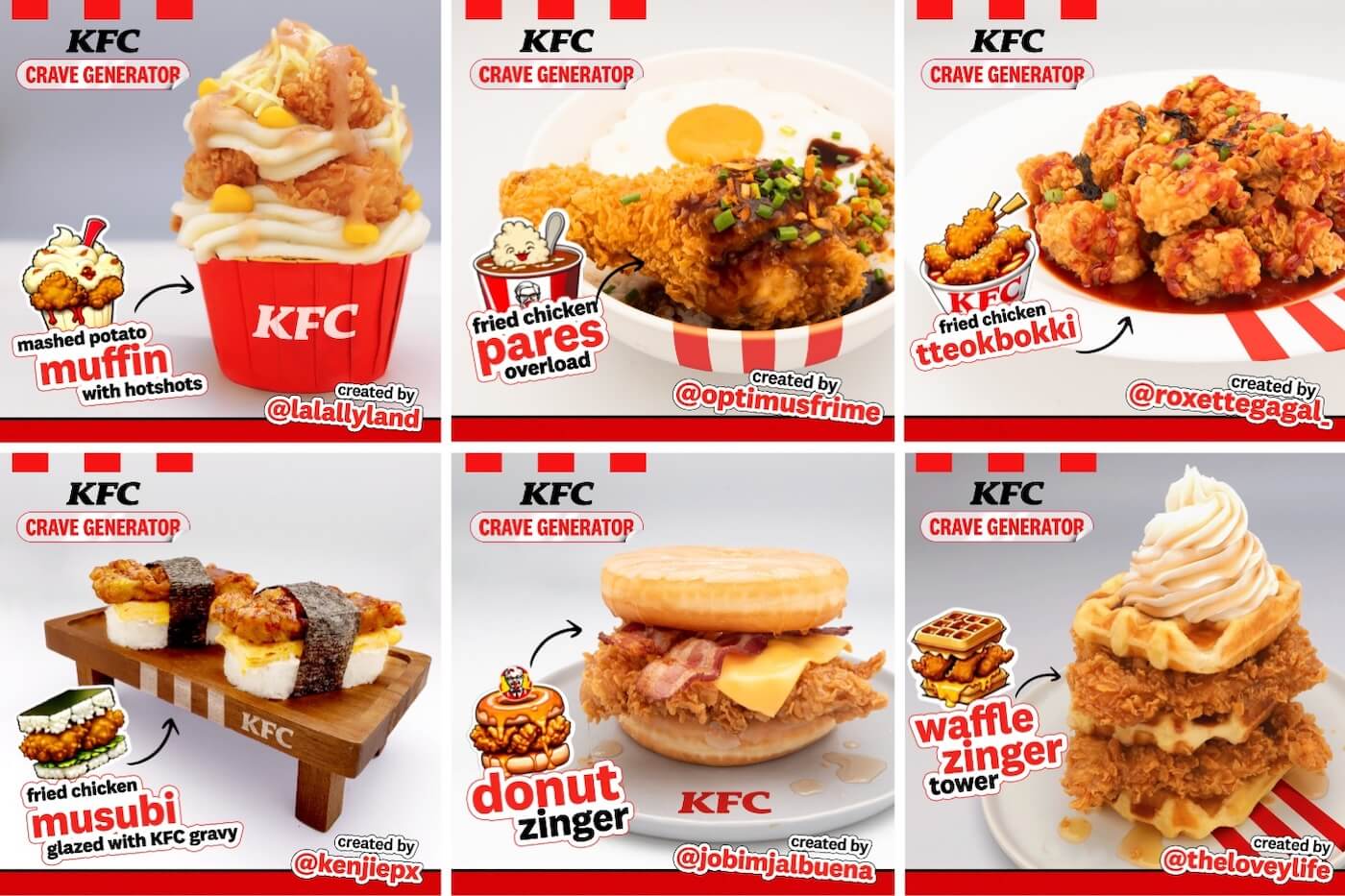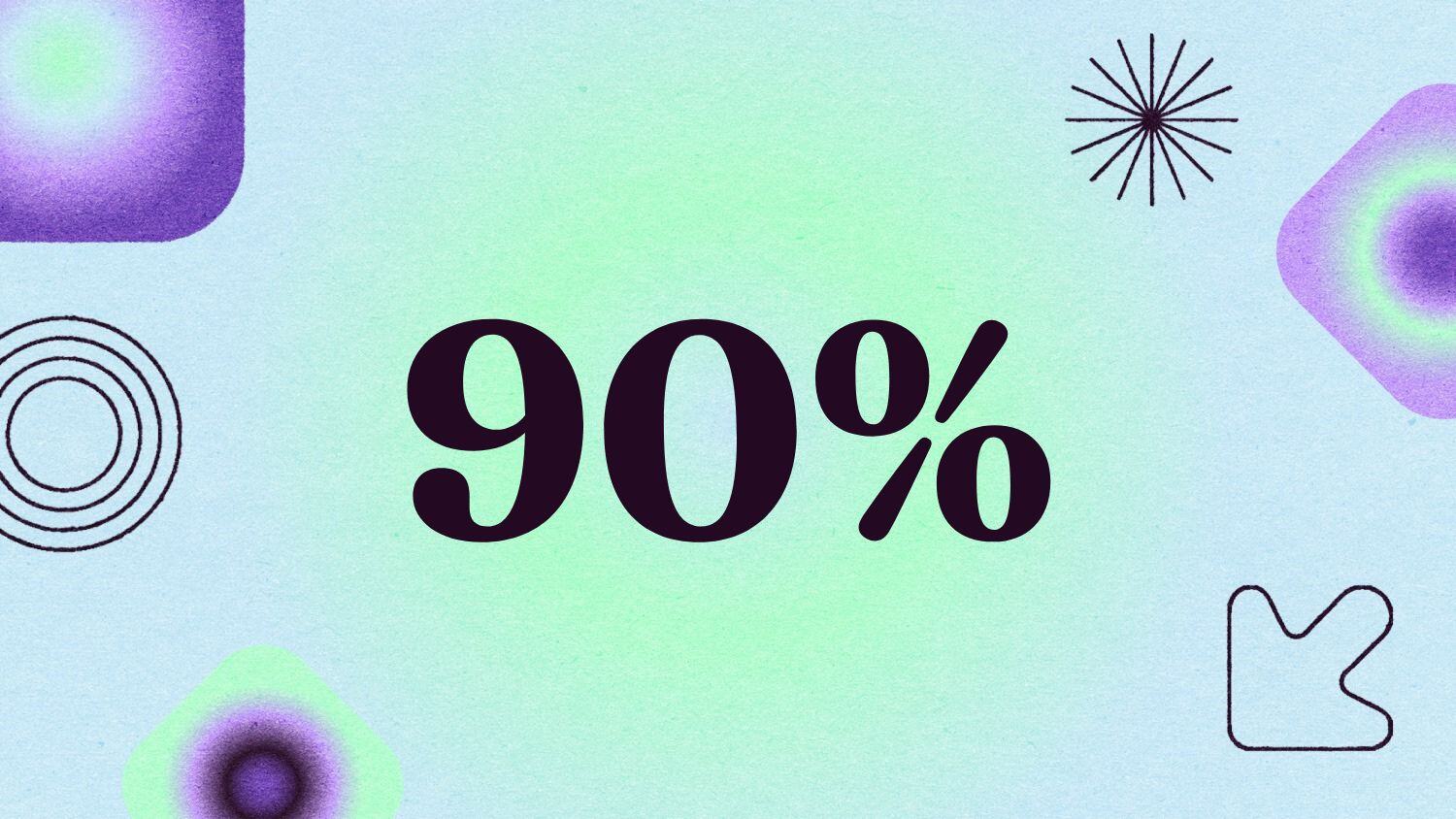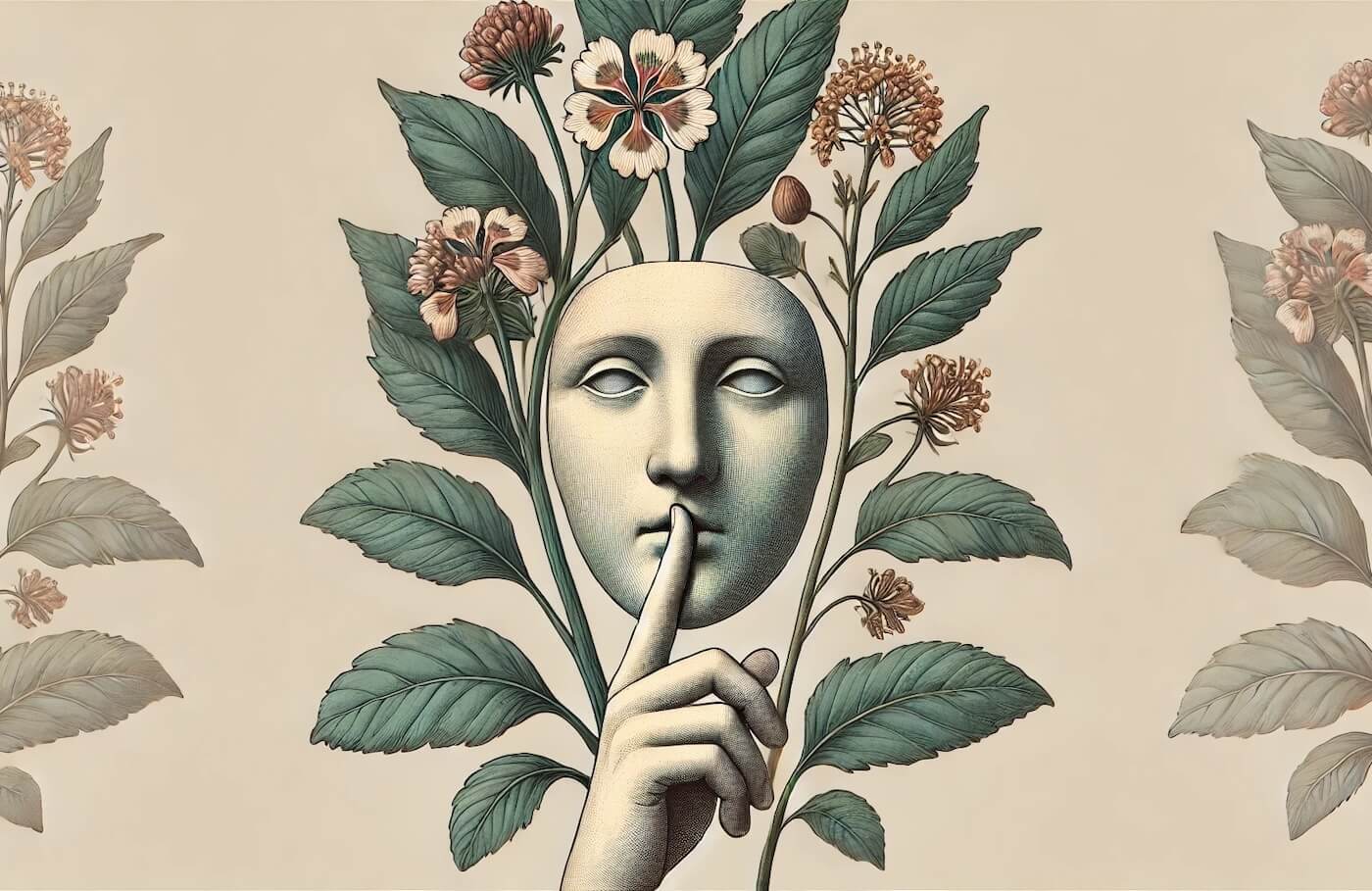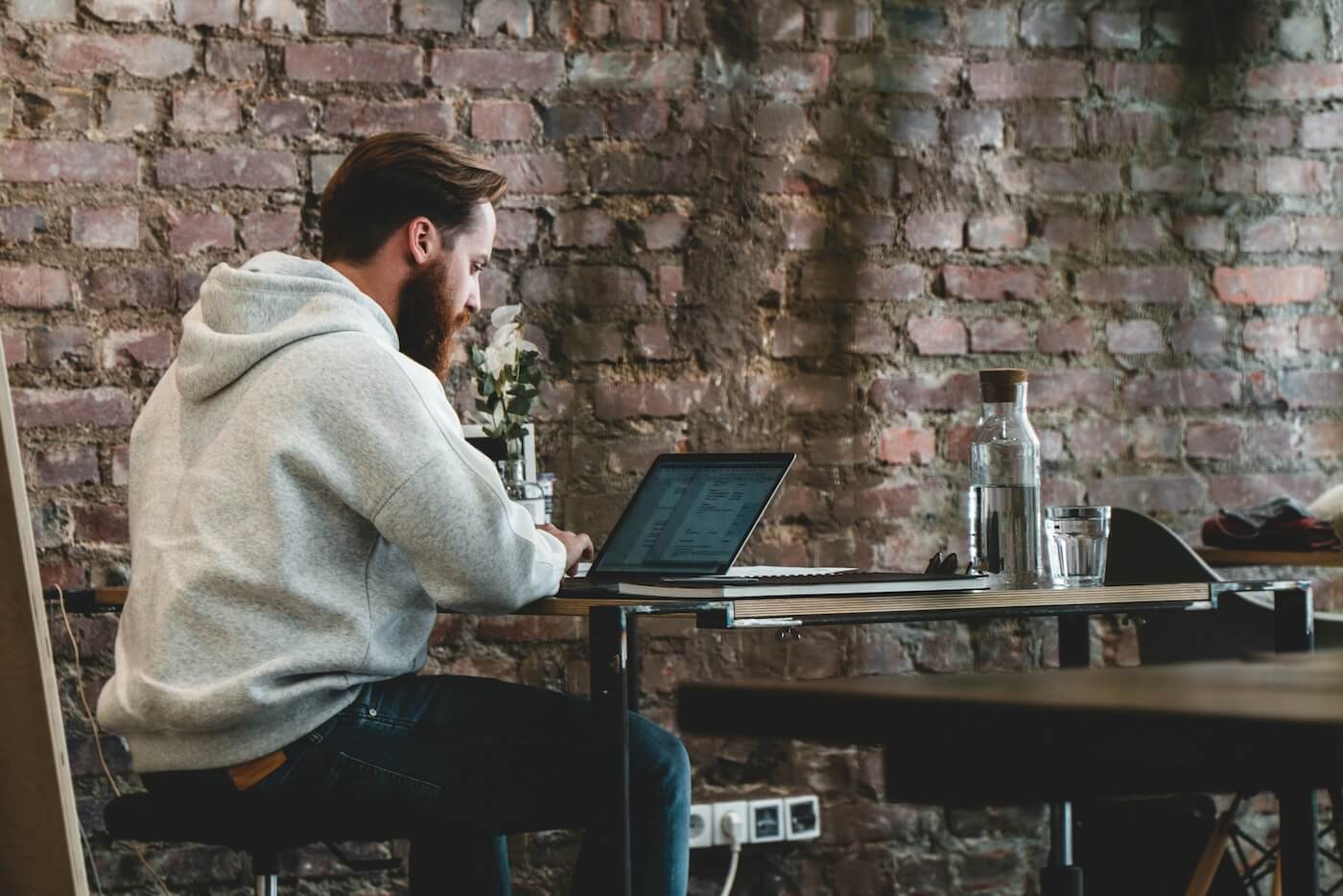"I have Asthma, allergies, dyslexia, ADD, anxiety, and Depression. But I will tell you that what you have does not define what you can become. Why Not You!"
That's what Noah Lyles posted on X after clinching the 100-meter gold medal at the Paris 2024 Olympics on 5 August 2024, amassing over 12 million impressions and 300,000 likes within 48 hours. His message stands as a potent reminder that anyone can grapple with mental health challenges.
Lyles' post is part of a wave of impactful Olympic moments, from Snoop Dogg's viral appearance at the opening ceremony to Simone Biles' Netflix documentary, each drawing (unexpectedly) high viewer counts for the Paris games. Those large audiences have a downside, too. As social media has morphed into a global sports bar, athletes increasingly find themselves the target of armchair critics, and worse — prompting the Japanese Olympic Committee to issue a plea for fans to behave better. Meanwhile, the IOC is harnessing AI to weed out online abuse on Facebook, Instagram, TikTok and X. Humans review flagged posts and, if necessary, issue takedown requests.
As passion for sports unites people around the globe, these high-profile moments can function as platforms for greater awareness. While Olympic organizations work to protect and support participants, collaborating with athletes could be a powerful way for brands to educate fans about mental health, cyber harassment and mindful use of social media.

